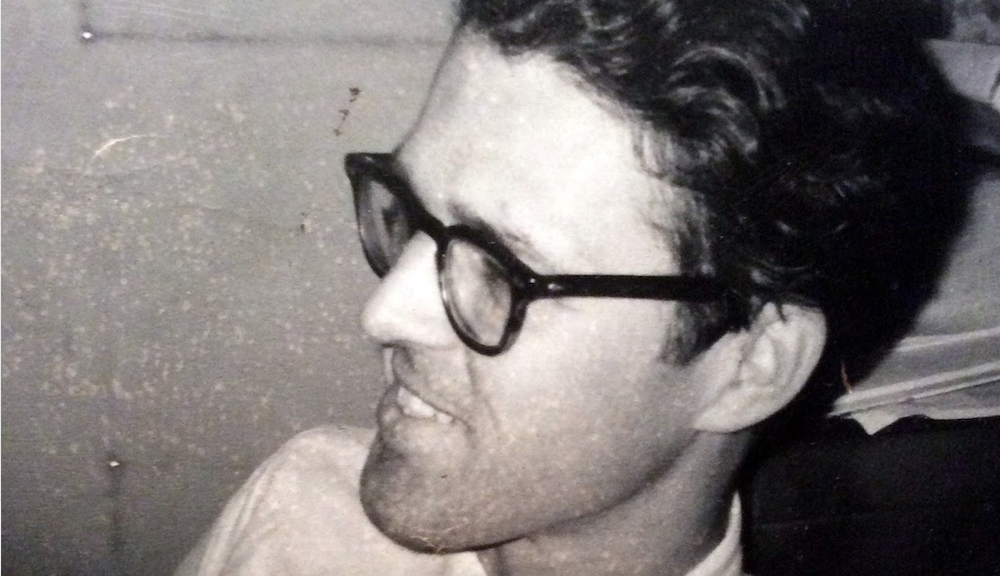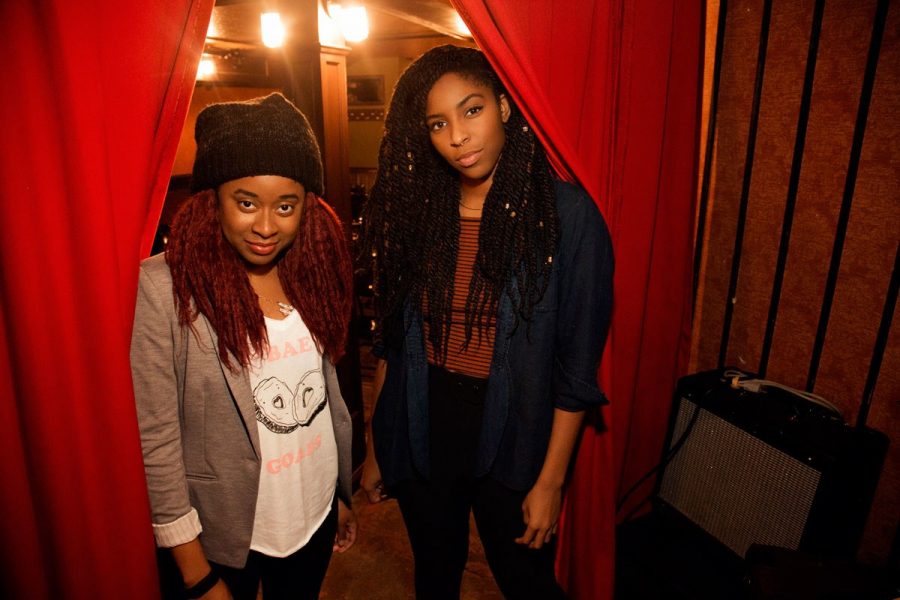David Shepherd, who co-founded the Compass Players in Chicago with Paul Sills in 1955, thereby giving birth to a revolution in improvisation and comedy which led to The Second City and much of everything we know and love today about sketch comedy in America, has died. Shepherd was 94.
Born Oct. 17, 1924, in New York City, Shepherd studied English at Harvard, got his master’s degree in theater history from Columbia and headed toward Chicago with a disgust in current theatrical trends and looking to start something new. And so he did.
“I almost went to Cleveland to start Compass,” Shepherd revealed at a 2005 celebration of the 50th anniversary for Compass Players.
But he stopped in Chicago instead. “Simply put, there would be no Second City without David Shepherd.” So said The Second City on Tuesday remembering Shepherd.
As The Second City wrote:
Shepherd hitchhiked his way to Chicago in 1952 after studying at Harvard and getting his master’s degree in theater history at Columbia University. Although he was never a student at the University of Chicago, he soon became a key figure at University Theatre, the eclectic clan of thinkers and artists that included Paul Sills, Bernie Sahlins, Sheldon Patinkin, Elaine May, Mike Nichols, and several more.
In 1953, Shepherd opened Playwrights Theatre Club with Sills and Eugene Troobnick, where he created tirelessly as a producer and occasional director before the project collapsed (“because I’m not a business man,” Shepherd admitted at The Second City’s 50th anniversary).
On July 5th, 1955–and not July 4th, because the air conditioner broke down–his vision of a political cabaret for working class audiences became a reality with the debut of a brand new company, The Compass. The performers, which included Shepherd, used the fledgling art form of improvisation to perform improvised politically and socially charged material including “The Living Newspaper,” a daily take on the news. The now-legendary Compass group went on to move locations a few times, including a home at the Crystal Palace in St. Louis.
Charna Halpern, who started iO in Chicago and with Del Close inspired many of today’s greatest improvisers and sketch players, wrote: “My mind went back to the early 80s when I met David thru Jo Forsberg. He was in town to do a play called The Jonah Complex. I had read about him and this improv competition he did in Canada called Improv Olympics. On my way home to the suburbs, I realized that there were so many Players Workshop grads who had no where to play. I drove onto the clover leaf back down town to The Organic Theater where David was holding auditions for the play. He hadn’t started the auditions so I had a chance to tell him that I thought I could create The ImprovOlympics here in Chg. He said we would talk about that later but that he wanted me to audition for the show. I was thrilled to learn later that day that I got the part of GOD-a female God-David was always ahead of his time. It wasn’t till a week later that I learned God was just a voice from the lighting booth and I also had to do lights. Nonetheless-we created ImprovOlympic here. It was the beginning of an improv movement. David was a brilliant man with a million ideas. Because of that-working with him could be both exhilarating and exhausting. But his ideas were good. Improv was for the common man to share their cultures. (Inclusion was his goal way back then) It didn’t matter if they spoke the same language-they could play together on stage. That idea never left me when I trained the Greek and Turkish Cypriots in Cyprus years later.
I was lucky to have worked so closely with David-I learned and I laughed a great deal. RIP my friend-I thought you’d last forever.”




